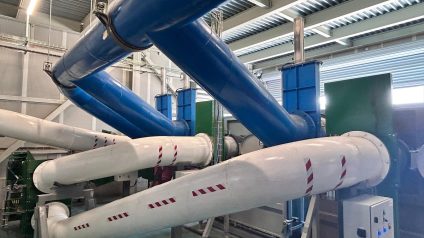With 85 yes, 2 no and 14 abstentions, he passed the proposed amendment in the Committee on the Internal Market and Environment. Stricter rules on carbon offsets: ok only if all possible measures have been taken to cut greenhouse gas emissions at source. More flexibility for SMEs and full exemption for micro-enterprises
The directive EU on the Green Claims will be approved after the elections EU of June
(sustainabilityenvironment.com) – European companies will not be able to present their products as sustainable if they rely solely or primarily on carbon offsets, which do not reduce greenhouse gas emissions at source. They will only be able to cite carbon offsets once they have taken every possible measure to reduce their CO2 footprint, thus making them valid only for residual emissions. This is the main change proposed by the European Parliament’s Internal Market and Environment Committee to the EU Green Claims Directive.
The measure presented by Brussels last March is complementary to the directive against the greenwashing of products and will indicate precisely how businesses can present their environmental and climate results on the label. The aim is to prevent consumers from being misled by unsound claims from a scientific point of view and from being able to choose what to buy by simply comparing products.
How the EU Green Claims Directive changes
Specifically, MEPs propose to allow reference to carbon offsets only if these credits are certified, in line with the Carbon Removals Certification Framework that EU co-legislators have been working on since 2022. Then there is a crackdown on comparisons, even when they are made between goods of the same manufacturer: companies will have to prove that they have used the same methods to compare relevant aspects of products. The new version of the EU Directive on Green Claims also states that companies will not be able to use data more than 5 years old.
The EP Committee also introduces some additional flexibility. For less complex products, the Commission should provide for a faster and simpler verification procedure. While micro-enterprises should be exempted and SMEs should have 1 year more time before they have to adapt to the rules compared to large companies.
The main stakes of the original directive remain: prior European approval is required for any “green claim” on the label, which will come from several accredited verifiers. Those who fail to do so can lose access to public contracts and be fined up to 4% of their turnover.













